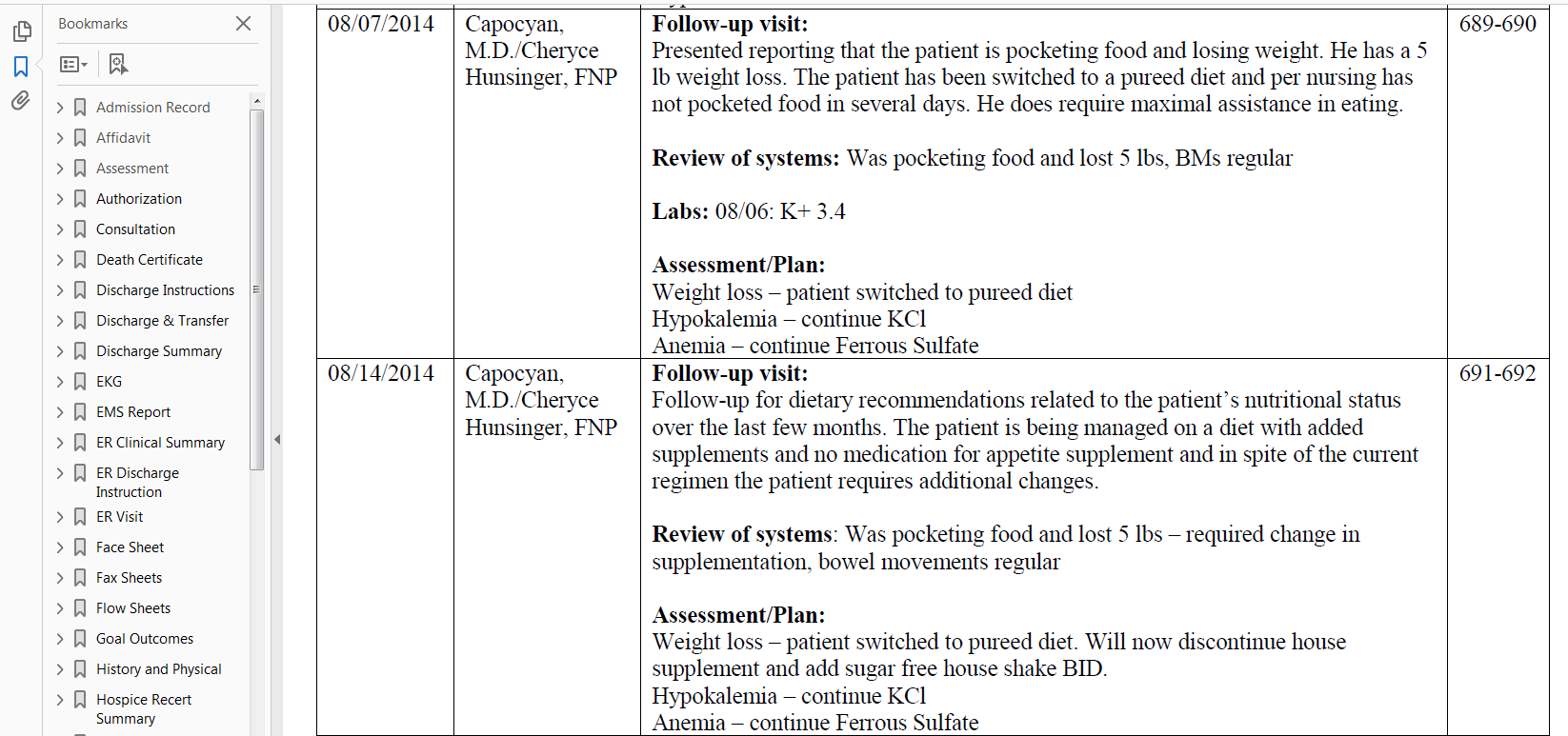
Claims of personal injury impact cases greatly and social media can exacerbate the effects by enhancing or worsening damage to social media claims. This article details the social media attention regarding personal injury claims how it affects the case at law, the procedures and techniques, and practices that need to be performed or avoided regarding use of social media while a case is at law.
Statistics
• More than 70% of American adults use social media, presenting a powerful medium even for use as evidence in the court of law.
• Around 30% of personal injury social media claims get prejudiced as a result social media activity.
The Role of Social Media in Personal Injury Claims
Evidence of Social Media Activity on a Claim
Content from social media platforms is becoming more accepted as evidence in court. Posts, comments, and pictures can be utilized to either substantiate or dispute assertions made by plaintiffs.
• Legal Precedents: Courts have accepted social media evidence and allowed its use in personal injury cases.
• Types of Evidence: These include status updates, images, videos, and remarks that can disprove a claimant’s claim on their injuries.
Social Media Engagement Defenses
In personal injury cases, defense attorneys set out to discredit the claim which they seek to resolve by using social media. They search for things like:
• Inconsistent Activity: Posting images of people engaging in physical exercise while claiming to be injured, thus bringing doubt to the assertion of injury.
• Social Engagement: Being present at social functions and participating in activities that indicate better living conditions than what has been reported.
• Misinterpretation: Even the most benign content can be used against a claimant to miscast the severity of injuries.
Guidelines on Social Media Use during Personal Claims Injury Cases
Decrease Time Spent on Social Media
• Take a Break: A break from social media can help mitigate unintentional reveals.
• Don’t speak on the Case: Do not comment online about the accident, injuries sustained, or on the legal process.
Change the Privacy Configuration
• Set Profiles to Private: Although this won’t entirely keep everyone out, it can help limit the audience of your posts.
• Caution for Unknown Friend Requests: Accepting requests from strangers might be risky especially when they are looking into your personal case.
Conversations with the Counsel
• Use social media Wisely: The lawyer might help you define what should or should not go onto social media during the claim period.
• Plan Posts: Think through what you intend to post that might have some bearing on your claim.
Tweets about Personal Injury Claims and Social Media
“My Social Media is Private”
Most people are convinced that privacy measures put in place shields information against legal attacks. This is not the case as even private posts can still get subpoenaed in court.
“What I Choose to Post Online is My Business”
You may do as you please but keep in mind that any shared content on various platforms can easily be used to hurt you. Always be cautious with all forms of it.
Case Study
Case Study 1: The Gym Injury Claim
Overview: A plaintiff argued that he suffered enormous injuries for which he did not even have the simple ability to go about his daily routine.
Challenge: The plaintiff was found to have many different posts of him doing exercise in the gym.
Solutions: In their defense, the defendant claimed by using these posts that the plaintiff’s injuries were believed to be more severe than they actually were.
Compensation: Based on the presented evidence, the jury decided to give the settlement, but it was much lower than the expected amount.
Case Study 2: The Vacation Post
Overview: A person claiming an injury posted vacation pictures well after the accident while claiming to be in excruciating pain.
Challenges: The defense claimed the photos taken during the vacation directly oppose the plaintiff’s suffering claims.
Solutions: Photos were disclosed by the defense which put the plaintiff’s credibility into questions.
Compensation: The proceeded with the settlement but it was less than what was demanded.
Conclusion
There is no doubt that social media impacts personal injury claims as it plays a role in both the legal processes involved and the outcomes of various cases. It is important for claimants and their lawyers to comprehend the effect such online engagement can have. Through adopting recommended measures and being cautious of social media, individuals can safeguard their claims and ensure the compensation they are entitled to is received.




